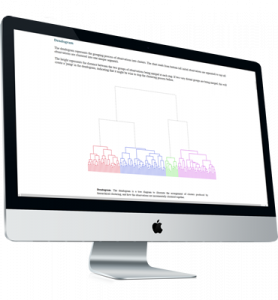Teaching marketing research

AMA defines Marketing research as the function that links the consumer, customer, and public to the marketer through information–information used to identify and define marketing opportunities and problems; generate, refine, and evaluate marketing actions; monitor marketing performance; and improve understanding of marketing as a process. Although there is very little in the Engnius suite currently focused on the data gathering part of marketing research, most of the cases and software can be used to supplement traditional marketing research courses to link marketing research information to management decision making. Many of the cases are based on primary data collected through marketing research, but there are several cases that based on secondary data.
If you are teaching marketing research these are the Enginius models and case studies we recommend for you…
Not familiar with Enginius yet? Click here to discover how Enginus can boost your teaching.
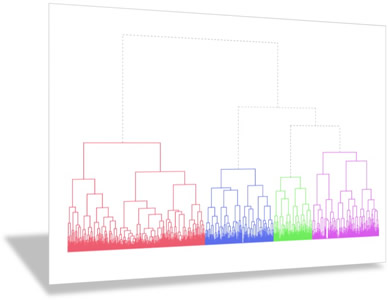
Segmentation
Whether it’s about designing a new product, communicating about the benefits of a service, or pricing an existing offering, one of the tenets of a good marketing strategy is to understand that no product or service can please everyone. To fine-tune their marketing strategy, managers need to identify and target the right customers, and understand how their needs differ from the rest of the market. And there is nothing better to drive that point home than a good segmentation case study, such as the FLIP, ISBM, Connector PDA, or Pacific Brands business cases.
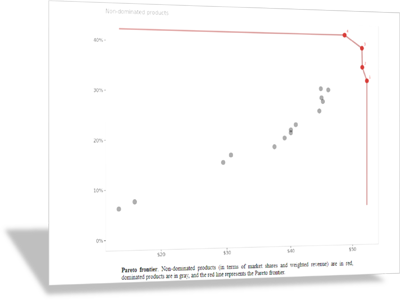
Conjoint analysis
Conjoint analysis is one of the most widely used methodologies in marketing research. Every customer would like the highest quality at the lowest price; it is when they have to trade-off between price and quality that they differ. To quantify customers’ preferences is key in developing new offerings, predicting market shares, or setting optimal prices. Conjoint analysis helps your students think about customers’ preferences (part-worths) more systematically. If you have already covered segmentation in class, case studies like Kirin Beer or Dürr Environmental would be ideal, since they require students to segment preferences estimated from a conjoint analysis, hence linking these two methods together.
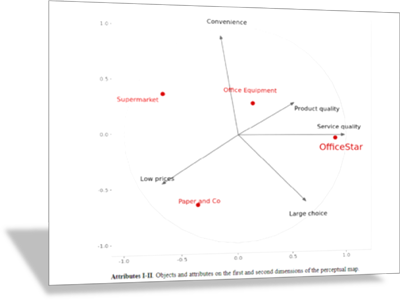
Positioning analysis
Positioning analysis enables firms to understand how individual customers and customer segments view their brand relative to competition. Such an understanding is useful for positioning either a new product/brand in the market, or to re-position an existing brand/product to make it more appealing to target customers. This module also allows you to teach about data reduction, which is especially useful in marketing research and analysis of survey data. Cases like Heineken and BlackBerry Pearl blend segmentation and positioning analysis and serve as rich cases for a marketing research course because these cases include data on consumer perceptions and preferences. Other cases to consider are Can the Bunny Hop, Kirin, and Infiniti G20.
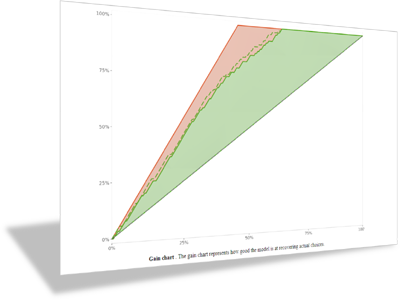
Predictive modeling
With the growing availability of individual-level customer data, marketing research projects now routinely involve analysis of such data. Choice models are one of the most widely used methods for understanding and acting upon individual-level data. The Bookbinders book club is useful to illustrate the application of choice models for micro-targeting, and compare its performance with RFM and regression methods. The case also offers an opportunity to learn about “lift charts” that are widely used in practice. Another case to consider is the Convergys, a B2B case that requires students to develop scoring rules for developing micro targeting strategies based on the economic and relationship values of business customers computed from secondary data.
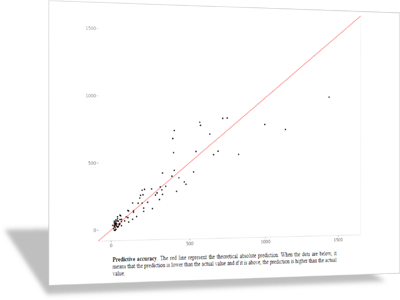
Panel regression
Marketing research is now increasingly focused on routinely collected data such as those from organic and paid search campaigns, user-generated content, and social media. Much of this data has a panel structure, namely, repeated observations of the same entity (e.g., customers, keywords, products) on multiple occasions. Panel data estimation techniques represent an important set of tools for the analysis of such data. The ABCDEmail case contains a rich data set to evaluate a paid search campaign consisting of several hundred keywords.


